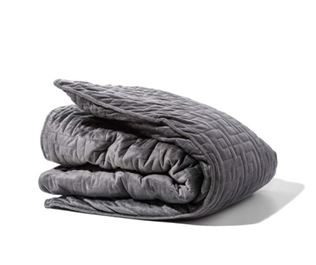Anxiety hurts. 40 million Americans suffer from anxiety disorders, making them the most common mental illness in the United States.
Few people would imagine just how prevalent anxiety is. Mental illness isn’t a physical disease. It doesn’t show up on the body. It resides in the mind, which can make it hard to recognize.
High-functioning anxiety is especially difficult to see. Many people who have it are successful people. Yet, it can be crippling.
Learn to recognize the signs of high-functioning anxiety, and you can learn how to manage it. Here are seven signs of what it’s like.
1. Being an Overachiever
It’s important to set goals and take strides toward them. But people with high-functioning anxiety may set too many high goals.
People with high-functioning anxiety may not stop working. They don’t take vacations, and they stay late at the office. Once they achieve a goal, they set a new one and start working on it.
A person may never feel satisfied with their work. Their coworkers and boss may regard them very positively. But all that matters to the overachiever is the next goal to hit.
It’s hard to recognize when someone is an overachiever. Overachievers meet deadlines and present a professional appearance. Many overachievers have full and active social lives.
But they can’t stop working. Their anxiety compels them to keep going, beyond a point that is healthy.
2. Being a Perfectionist
A little anxiety can serve as a mental check. It can help a person recognize the mistakes they have made and correct them. But too much anxiety can prompt a person to be too cautious.
Someone with high-functioning anxiety stresses out over every detail. They may revise a written work many times over. They may check-in with employees many times a day, exercising too much control.
They may become afraid of failure. If they make one small mistake, they view themselves as having failed.
People with high-functioning anxiety can become focused on results, neglecting the process of creating work. The people around them usually see them as good workers. But the truth is they are pushing themselves too hard.
3. Apologizing for Insignificant Things
A related behavior to perfectionism is over-apologizing. Many bosses forgive or correct small mistakes. But to someone with anxiety, no mistake is too small.
Many people with high-functioning anxiety apologize for something that isn’t their fault. They take responsibility for someone else’s mistake. They take responsibility for an accident that was outside their control.
Apologizing for small things may lead someone to take on more work. They want to correct a mistake, so they redo their work or ask for another task. This can cause a person to feel stretched too thin.
4. Inability to Say “No”
The fear of failure leads many people to associate failure with the smallest things. When they say “no” to someone, they think they are failing in that person’s eyes. As such, many people with high-functioning anxiety don’t say “no.”
Like apologizing, this can lead people to overexert themselves. They take on more work than they should. They stay later to work, exhausting themselves.
The inability to say “no” can lead to trouble in social areas. A person may commit themselves to a relationship that isn’t good for them. They may give too much to their partner and not ask for anything in return.
5. Overthinking
Some tasks deserve more thought than others. Someone with high-functioning anxiety may apply the same level of thought to all tasks.
Someone gives a 100-word assignment the same priority as a 500-word one. They apply sophisticated techniques that aren’t warranted.
This causes the person to exhaust themselves. It can also hurt their work process. They may turn in assignments too late because they spend so much time thinking it over.
A person can even overthink their physical and mental health. They may become a hypochondriac, convinced that they have significant health problems. They may diagnose themselves with generalized anxiety when they have another condition.
6. Too Little Sleep
The most common physical symptom of high-functioning anxiety is too little sleep. A person spends the night at the office, rather than going to bed.
When they do go to bed, their mind is racing. They keep overthinking things, and they can’t fall asleep.
They may wake up in the middle of the night, consumed in thought. They may also wake up early so they can get work done.
7. Coping With Drugs or Alcohol
People with high-functioning anxiety may use drugs to work longer. Drugs can provide a rush that gives them more energy. They may become dependent on drugs or alcohol for feelings of happiness or pleasure.
Some people may recognize that their behavior isn’t healthy. But they don’t seek professional help. They turn to alcohol and drugs to cope with their problems.
Daily Coping Tips for High-Functioning Anxiety
There are many treatment options for people with high-functioning anxiety. If anything in your mental or physical health troubles you, go to a doctor immediately.
You can receive a formal diagnosis of generalized, high-functioning, and/or social anxiety. Your doctor can point to any medical conditions that cause your anxiety.
Cognitive-behavioral therapy teaches patients to identify negative thoughts. They practice new skills, learning to set attainable goals. They monitor themselves, developing problem-solving strategies to meet challenges.
Psychodynamic therapy allows patients to examine their own lives. They determine the roots and triggers of their anxiety. They learn management methods and grow to have a sense of peace in their lives.
Commit to spending fifteen minutes every day on your mental health. Practice sleep hygiene, sticking to a regular schedule.
When you notice a negative thought, counter it with something realistic. Practice deep breathing and muscle stretching to control your tension.
Go and Get the Help You Deserve
High-functioning anxiety can be complicated and isolating. But you can get help. Recognize some common signs, and you can start improving your mental health.
The most common signs are being an overachiever and a perfectionist. Apologizing for insignificant things and being unable to say “no” are also common.
Many people overthink things, causing them to lose sleep. Some turn to alcohol and drugs to help them work longer or to cope.
You have worth. Find some help that can maximize your worth.
Solara Mental Health is San Diego’s leading mental health clinic. Contact us today, or call us at 844-263-4882.

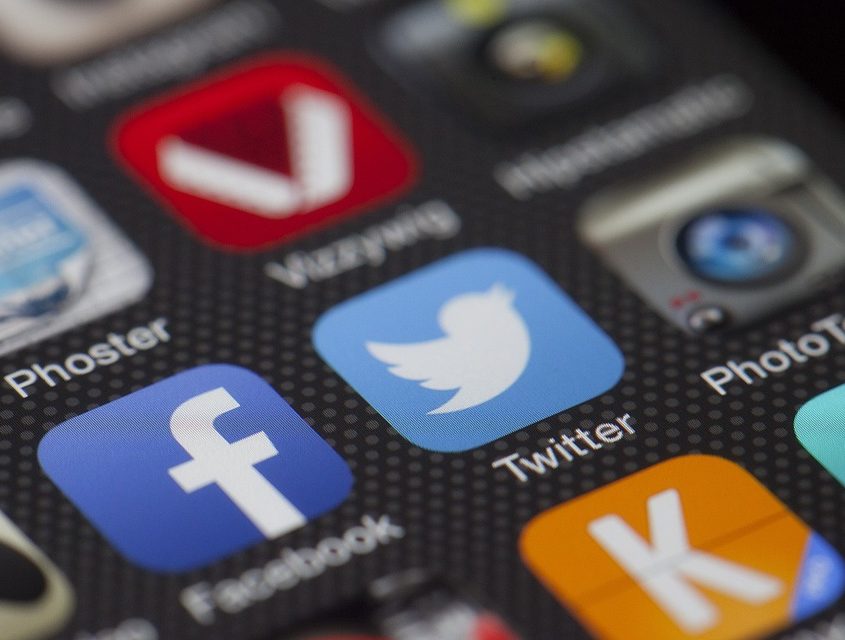



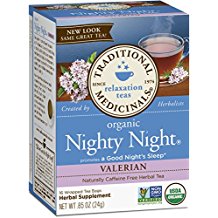
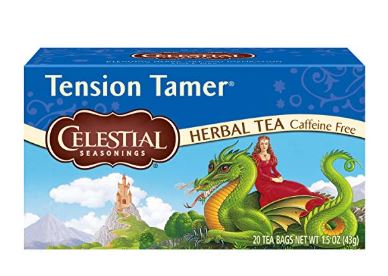
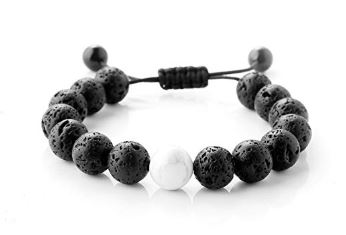 Feeling hip? Start a new trend with your new handy
Feeling hip? Start a new trend with your new handy 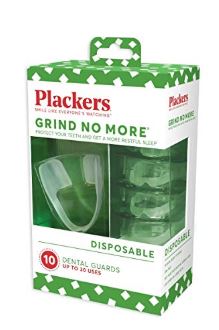
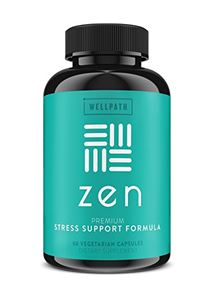
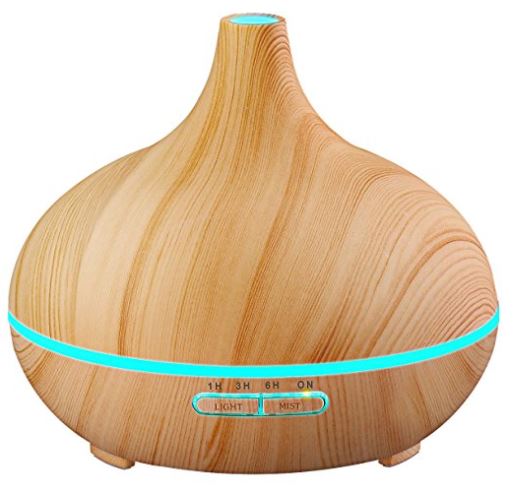 Want to create a warm, relaxing, stress-free environment? Use
Want to create a warm, relaxing, stress-free environment? Use 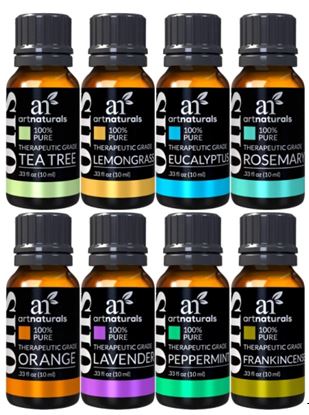
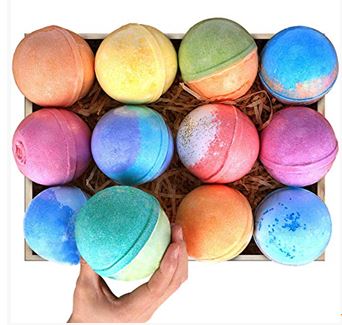
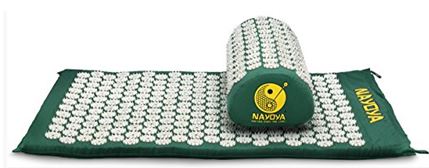 Acupressure is an “in” thing! You wouldn’t think it by looking at it, but this Nayoya spiked mat and pillow ($39.97, Amazon) are designed to relieve your neck, back, and shoulders when you’re in pain. Using them consistently can also help you sleep better, improve your circulation, and take the edge off of everyday life and anxiety. Residual side effects of using this acupressure mat includes better sleep, circulation, and relief from stress and anxiety. What are you waiting for? Take a look
Acupressure is an “in” thing! You wouldn’t think it by looking at it, but this Nayoya spiked mat and pillow ($39.97, Amazon) are designed to relieve your neck, back, and shoulders when you’re in pain. Using them consistently can also help you sleep better, improve your circulation, and take the edge off of everyday life and anxiety. Residual side effects of using this acupressure mat includes better sleep, circulation, and relief from stress and anxiety. What are you waiting for? Take a look 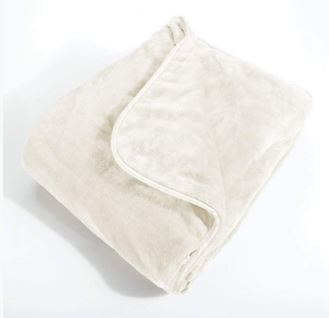 Your blanket needs more weight. You may not have known it, but heavy, weighted0 blankets, like the 12 lb. polyester
Your blanket needs more weight. You may not have known it, but heavy, weighted0 blankets, like the 12 lb. polyester 